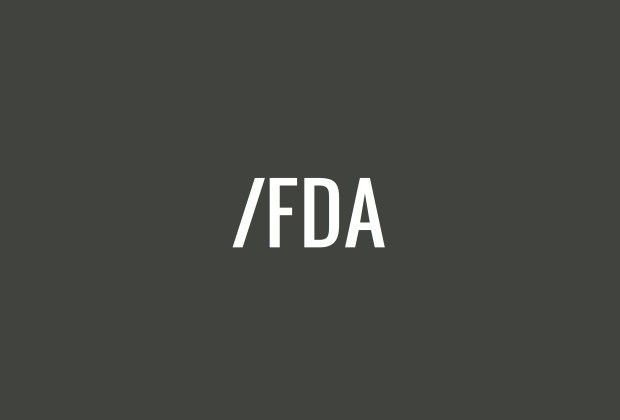Eight vaping companies have asked the U.S. Supreme Court to consider whether the U.S. Food & Drug Administration (FDA) acted improperly when enacting its deeming regulations that introduced federal regulations for vaping products, cigars and other tobacco products.
Attorneys for the plaintiffs in Moose Jooce, et al. v. Food & Drug Administration, et al. filed a petition for writ of certiorari, a request to have the U.S. Supreme Court consider the case. The plaintiffs claim that FDA acted improperly because the person that issued the deeming regulations was not qualified to do so per the Appointments Clause. In this case, the rule was issued by Leslie Kux, the associate commissioner for policy, and not the commissioner himself.
FDA has argued that the commissioner—in both 2016 and 2019—ratified the regulations.
The plaintiffs are asking the court to consider two questions:
- May a regulation be ratified if the Appointments Clause prohibited the purported agent’s exercise of rulemaking authority?
- If so, must the ratification comply with the constraints that would normally govern an officer’s rulemaking, such as the Administrative Procedure Act’s “reasoned decision-making” requirement?
Both the U.S. District Court for the District of Columbia and the U.S. Court of Appeals for the District of Columbia have ruled against the plaintiffs. If the plaintiffs were to win, it’s possible—if not likely—that the 2016 deeming regulations are thrown out due to a procedural error.
There is, however, no guarantee that the Supreme Court will take up the case. According to the Administrative Office of the U.S. Courts, the court accepts 100-150 of the more than 7,000 requests it receives each year. Even then, that only would mean that four of the nine justices have agreed to hear the case, not that four—or a majority—agree with the plaintiffs.
The plaintiffs are represented by the Pacific Legal Foundation.



